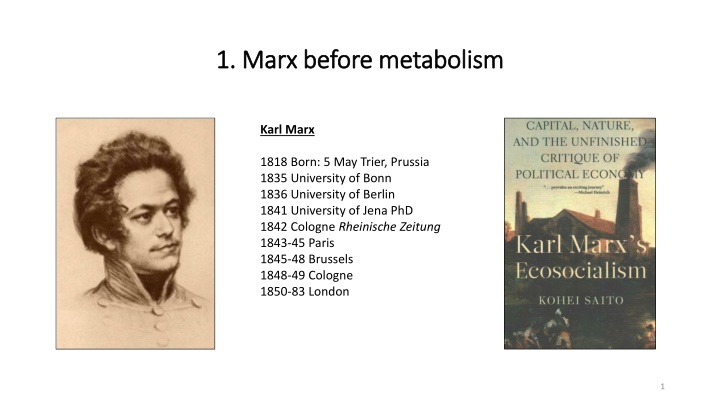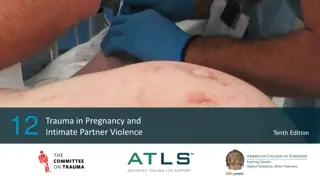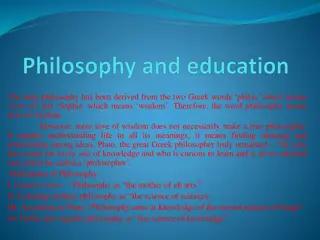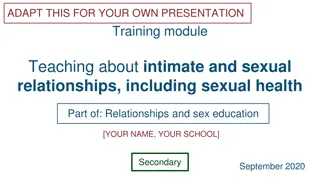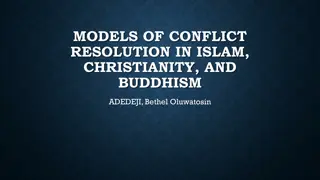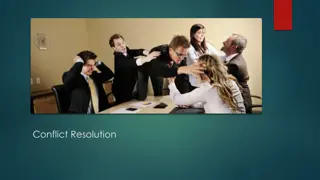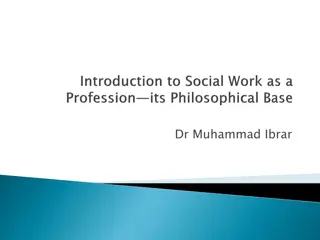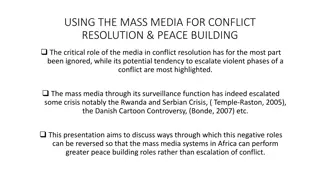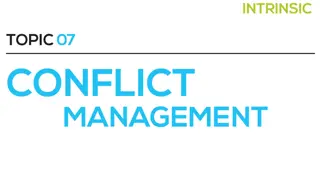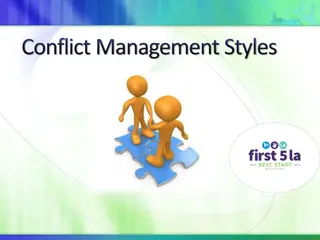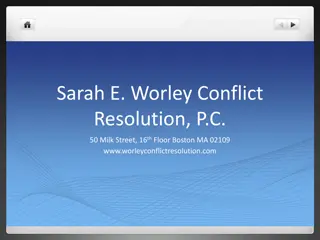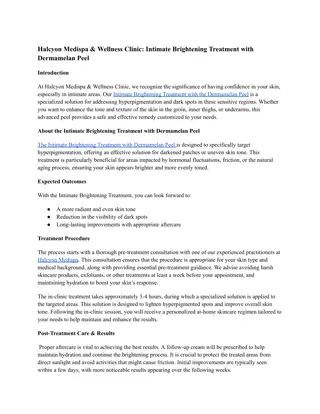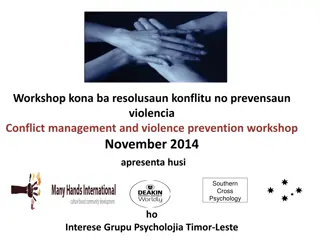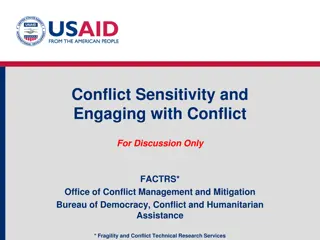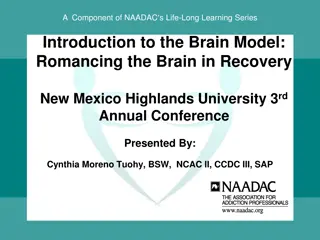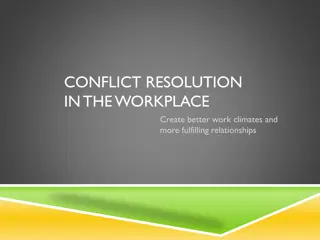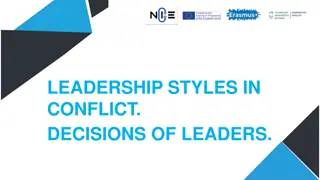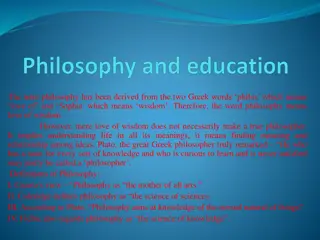Intimate Ties and Conflict Resolution in Economic Philosophy
Intimate ties between man and nature, explored through economic and philosophic manuscripts by Karl Marx. The resolution of conflicts through association and communal living, emphasizing the significance of humanism and equality in relation to land ownership and labor. The concept of communism as a harmonious balance between man, nature, and society, representing a profound shift towards a more sustainable and equitable way of living.
Download Presentation

Please find below an Image/Link to download the presentation.
The content on the website is provided AS IS for your information and personal use only. It may not be sold, licensed, or shared on other websites without obtaining consent from the author.If you encounter any issues during the download, it is possible that the publisher has removed the file from their server.
You are allowed to download the files provided on this website for personal or commercial use, subject to the condition that they are used lawfully. All files are the property of their respective owners.
The content on the website is provided AS IS for your information and personal use only. It may not be sold, licensed, or shared on other websites without obtaining consent from the author.
E N D
Presentation Transcript
1. Marx before metabolism 1. Marx before metabolism Karl Marx 1818 Born: 5 May Trier, Prussia 1835 University of Bonn 1836 University of Berlin 1841 University of Jena PhD 1842 Cologne Rheinische Zeitung 1843-45 Paris 1845-48 Brussels 1848-49 Cologne 1850-83 London 1
MEGA2 MEGA2 Date 1857-58 1859 1861-63 1864-65 1865 1867 Work M: Outlines of Political Economy (Grundrisse) M: On the Critique of Political Economy (printed) M: Manuscript of 1861-1863 M: Manuscripts for Capital Volume III M: Manuscripts for Capital Volume II M: Capital, Volume I, 1st German edition (printed) MEGA2 II/1 II/2 II/3 II/4.2 II/4.1 II/5 Pub 2006 1980 2013 2012 2011 1983 1844-47 1845 1845-50 1849-51 1851 1851 1851-52 1852-53 1864-68 1876 1878 1877-83 M: Paris Notebooks M/E: Manchester Notebooks 1-5 M/E: Manchester Notebooks 6-9 M/E: London Notebooks I-IV M: London Notebooks VII-X M: London Notebooks XI-XIV M/E: London Notebooks XV-XVIII M/E: London Notebooks XIX-XXIV M/E: Political Economy, Agriculture M/E: History of Landed Property M: Geology, Mineralogy and Agricultural Chemistry M/E: Natural Science IV/3 IV/4 IV/5 IV/7 IV/8 IV/9 IV/10 IV/11 IV/18 IV/24 IV/26 IV/31 1998 1988 2015 1983 1986 1991 2019 2011 1999 2
Economic and Philosophic Manuscripts Economic and Philosophic Manuscripts (1844) (1844) The universality of man manifests itself in practice in that universality which makes the whole of nature as his inorganic body, (1) as a direct means of life and (2) as the matter, the object and tool of his activity. Nature is man s inorganic body, that is to say, nature in so far as it is not the human body. Man lives from nature, i.e. nature is his body, and he must maintain a continuing dialogue with it if he is not to die. To say that man s physical and mental life is linked to nature simply means that nature is linked to itself, for man is a part of nature. Marx (1844) Economic and Philosophic Manuscripts. MECW 3: 275-76 Private property is thus the product, the result, the necessary consequence, of alienated labour, of the external relation of the worker to nature and to himself. Private property thus results by analysis from the concept of alienated labour, i.e., of alienated man, of estranged labor, of estranged life, of estranged man. True, it is as a result of the movement of private property that we have obtained the concept of alienated labour (of alienated life) in political economy. Marx (1844) Economic and Philosophic Manuscripts. MECW 3: 279-80 3
Intimate ties/conflict resolution Intimate ties/conflict resolution Association, applied to land, shares the economic advantage of large- scale landed property, and first brings to realization the original tendency inherent in [land] division, namely, equality. In the same way association also reestablishes, now on a rational basis, no longer mediated by serfdom, overlordship and the silly mysticism of property, the intimate ties of man with the earth, since the earth ceases to be an object of huckstering, and through free labor and free enjoyment becomes, once more, a true personal property of man. Marx (1844) Economic and Philosophic Manuscripts. MECW 3: 268 This communism, as fully developed naturalism equals humanism, and as fully developed humanism equals naturalism; it is the genuine resolution of the conflict between man and nature and between man and man the true resolution of the strife between existence and essence, between objectification and self-confirmation, between freedom and necessity, between the individual and the species. Marx (1844) Economic and Philosophic Manuscripts. MECW 3: 296 4
German Ideology German Ideology (1845 (1845- -46) 46) Moreover this nature, which precedes human history, is really not the nature in which Feuerbach lives, not the nature that no longer exists anywhere today except perhaps on isolated Australian coral islands of recent origin, hence does not exist for Feuerbach either. Carver and Blank, Marx and Engels German Ideology Manuscripts. 2014: 57 The first premise of all human history is, of course, the existence of living human individuals. Thus the first fact to be established is the physical organisation of these individuals and their consequent relation to the rest of nature. Of course, we cannot here go either into the actual physical nature of man or into the natural conditions in which man finds himself geological, oro- hydrographical, climatic and so on. All historical writing must set out from these natural bases and their modification in the course of history through the action of men. Marx and Engels (1845-46) The German Ideology. MECW 5: 31 5
Session 1. Marx before metabolism Session 1. Marx before metabolism Key ideas Alienation Private property Nature Communism Questions 1) Why is private property a problem for nature? 2) What does Marx mean by alienation? 3) How will communism improve humanity s relationship with nature? 4) Is Marx s description of nature as Man s inorganic body unecological? 6
